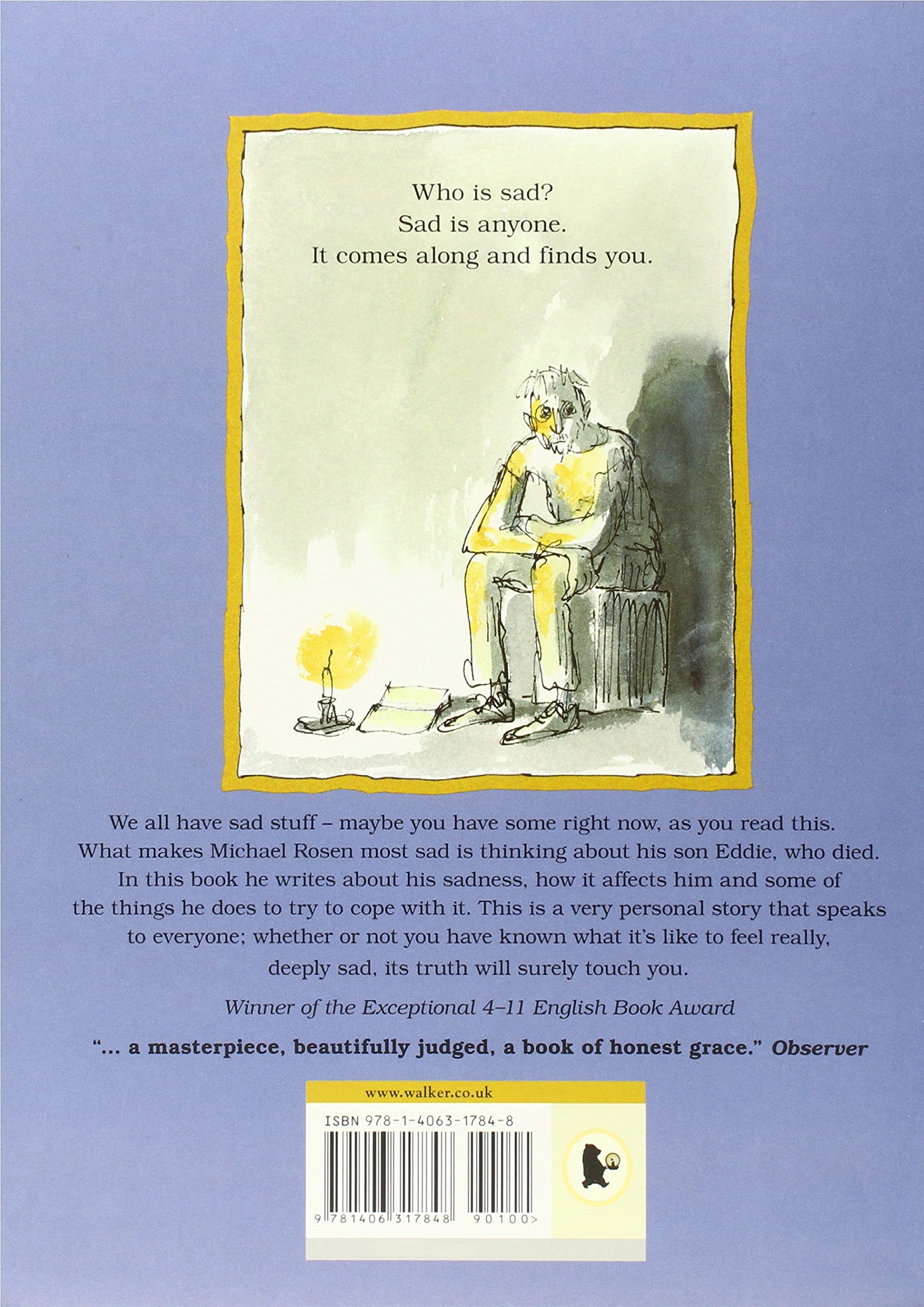

Any one will be greatly helped with Book I by reading H. (See Socrates’ admission at 354c.) But this is so only for the superficial or uninformed reader. Book I actually constitutes one of the “search” dialogues, which seem to not get us anywhere.


And they represent positions on the primary issue of The Republic-Who is the really good person (like Socrates)? And Which is the really good city (like Socrates wanted Athens to be)? The arguments Socrates brings to bear against those positions seem thin and forced, at least in some cases, and the connection of the end of Book I (Thrasymachus shown wrong about whether the just or unjust person is better off) with the beginning of Book II (the Gyges myth) is not transparent. They all meant something to the Athenian reader, at least, because of the actually history of Athens. A number of personalities are introduced whom we today rarely have any sense at all of their significance. 327-354) usually strikes the contemporary student as quite puzzling.


 0 kommentar(er)
0 kommentar(er)
